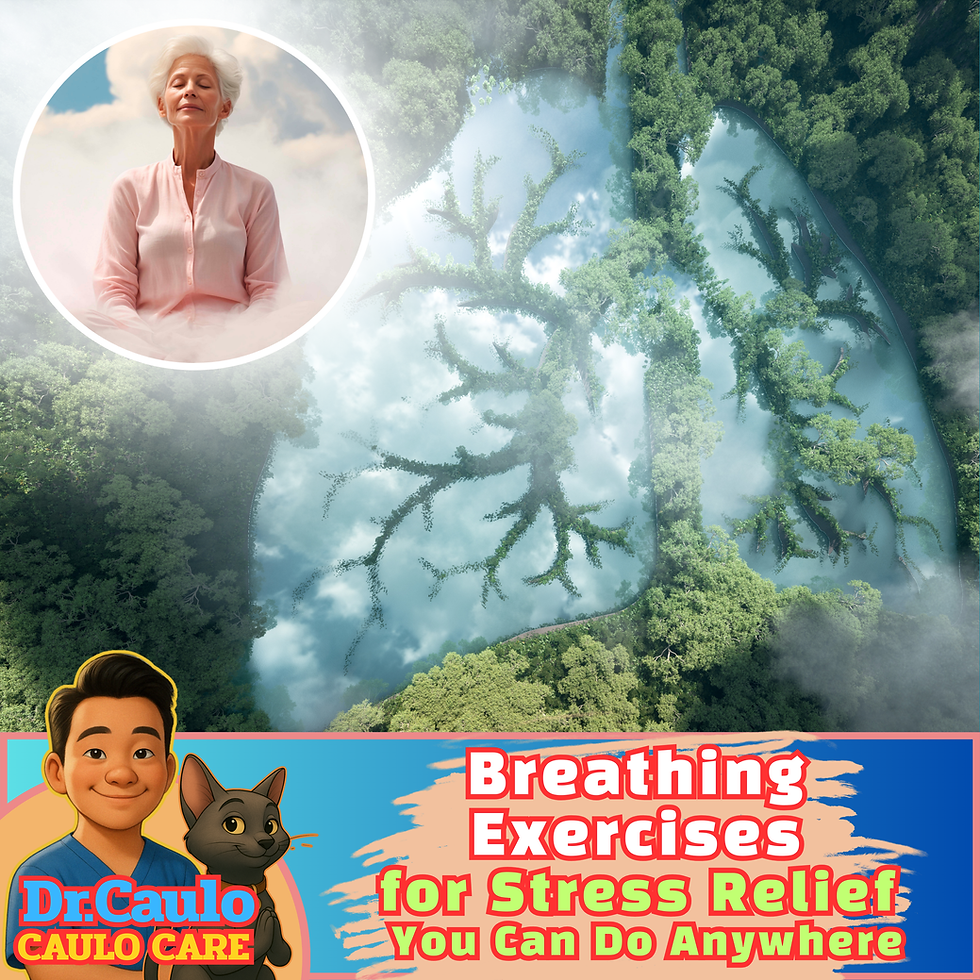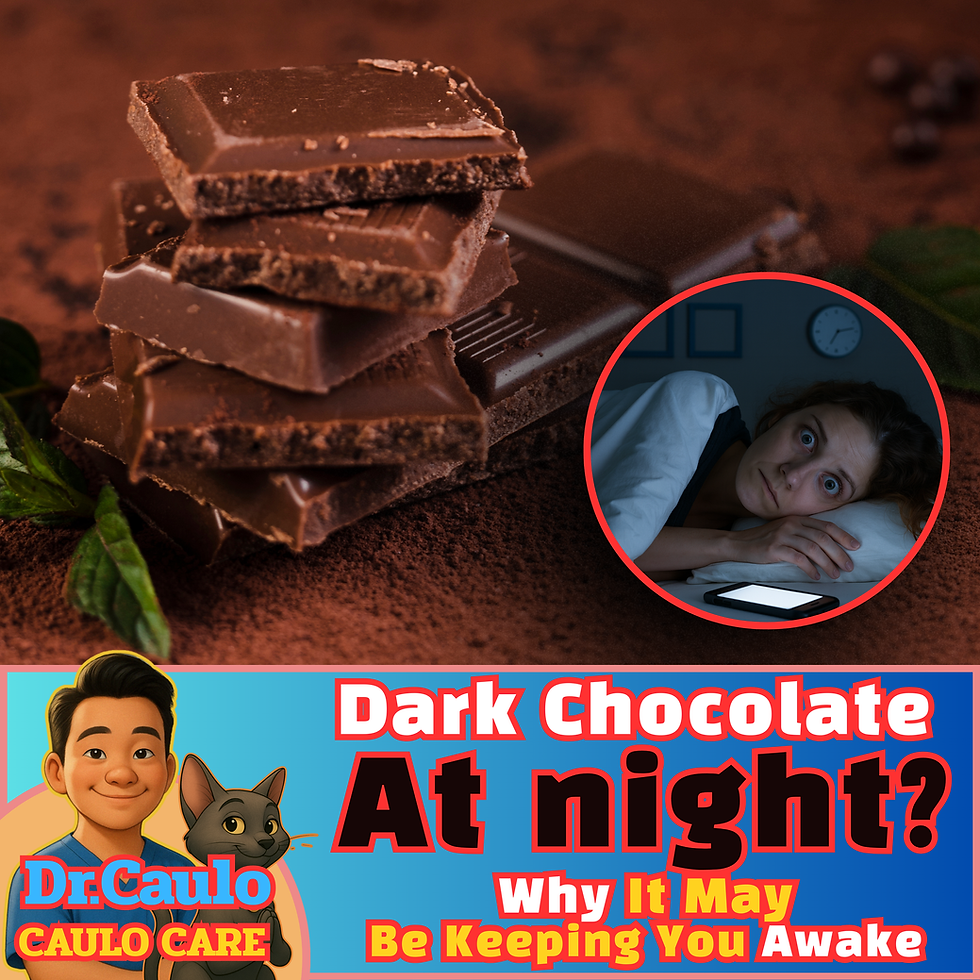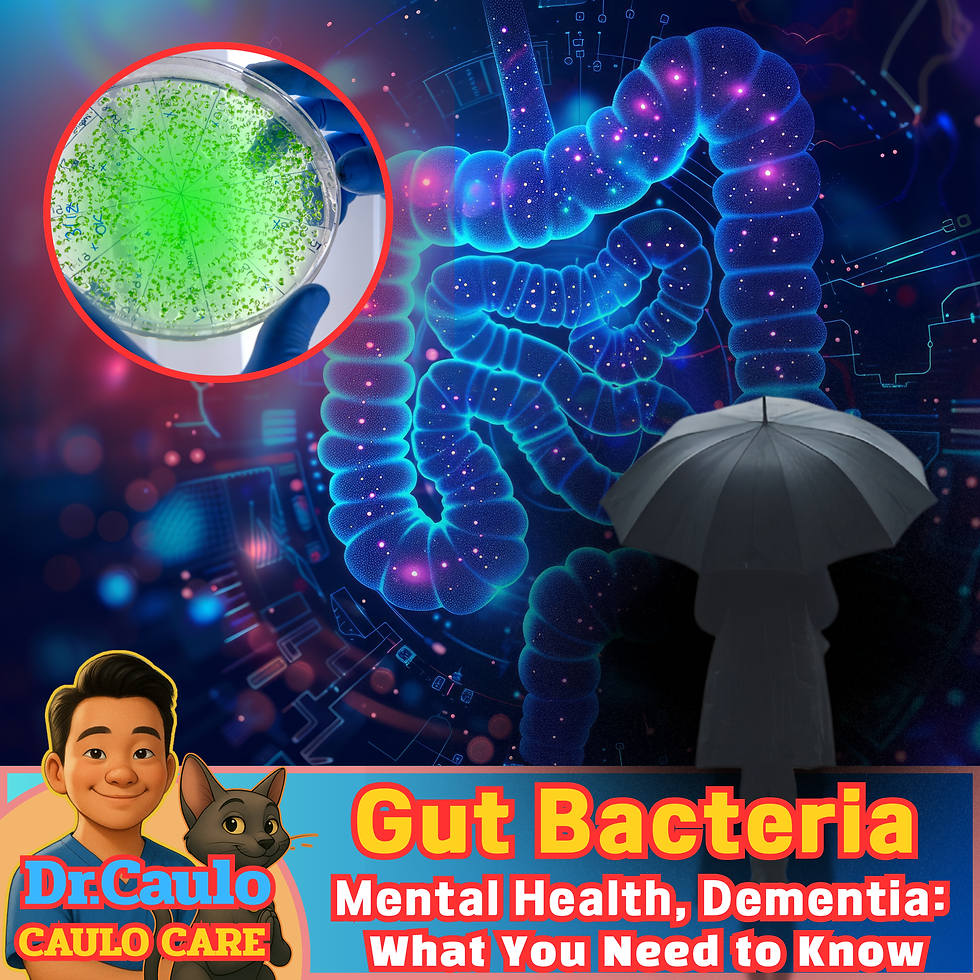Understanding Gastrointestinal Disorders: A Comparative Analysis of Traditional Chinese Medicine and Western Nutrition for GERD Patients
- caulocare
- Apr 14, 2025
- 6 min read

Gastrointestinal (GI) disorders encompass a wide range of conditions affecting the digestive tract, which includes the esophagus, stomach, small and large intestines, liver, gallbladder, and pancreas. These disorders can vary from minor, transient issues to severe, chronic diseases. Among the many GI disorders, gastroesophageal reflux disease (GERD) stands out as a common ailment affecting many individuals globally. This post delves into the understanding of GERD by exploring the traditional Chinese medicine (TCM) approach and the principles of Western nutrition, aiming to provide GERD patients with a comprehensive perspective.
What is GERD?
Gastroesophageal reflux disease (GERD) occurs when stomach acid frequently flows back into the esophagus, leading to symptoms such as heartburn, regurgitation, and discomfort. This chronic condition may also result in more serious health complications if left untreated.
Individuals suffering from GERD often seek various treatment methods to alleviate their symptoms. Lifestyle changes, over-the-counter medications, and sometimes surgical interventions are commonly utilized. However, alongside these conventional methods, many patients are now exploring complementary approaches, such as TCM and dietary strategies from Western nutrition.
Traditional Chinese Medicine (TCM) and GERD
Traditional Chinese Medicine offers a holistic framework for understanding health and disease. Within this system, GERD is not merely seen as a problem of acid reflux; rather, it is understood as an imbalance within the body’s systems.
TCM Diagnosis for GERD
In TCM, a practitioner would assess not just the symptoms but the overall energy balance within the body. The concepts of Yin and Yang, the five elements, and the flow of Qi (life force) are central to diagnosis. For GERD, TCM often considers factors such as:
Liver Qi Stagnation: Emotional stress can lead to an overactive liver, causing improper digestion and resulting in symptoms of reflux.
Stomach Heat: Overconsumption of spicy, greasy, or hot foods can create excess heat in the stomach, exacerbating GERD symptoms.
Spleen Deficiency: Weakness in the digestive system can lead to improper nourishment and digestion, contributing to reflux issues.
Gastrointestinal (GI) Disorders in Traditional Chinese Medicine (TCM) — how they are diagnosed, their root causes, and how each syndrome affects the digestive system differently than in Western medicine.

1. 🟡 Spleen Qi Deficiency (脾气虚)
🔹 “Digestive energy is weak”
Causes: Poor diet (cold/raw foods), overthinking, chronic illness
Symptoms: Bloating, loose stools, poor appetite, fatigue, pale face
Tongue: Pale, scalloped edges, white coating
Pulse: Weak, soft
Key Formulas: Si Jun Zi Tang, Shen Ling Bai Zhu San
Acupoints: ST36, SP6, CV12
2. 🔵 Cold in the Stomach / Middle Jiao (中焦虚寒)
🔹 “Cold slows digestion”
Causes: Excess cold foods/drinks, living in cold climates
Symptoms: Bloating, dull abdominal pain, preference for warmth, loose stools
Tongue: Pale, wet, white coating
Pulse: Deep, slow
Key Formulas: Li Zhong Wan, Xiao Jian Zhong Tang
Acupoints: ST36, CV12, moxibustion on CV8
3. 🔴 Food Stagnation (食积)
🔹 “Undigested food is stuck”
Causes: Overeating, greasy/fatty foods
Symptoms: Abdominal fullness, belching, foul breath, sour reflux, constipation or smelly diarrhea
Tongue: Thick greasy coating
Pulse: Slippery
Key Formulas: Bao He Wan, Shen Qu, Shan Zha
Acupoints: ST25, ST40, LI11
4. 🌬️ Liver Qi Invading the Spleen (肝气犯脾)
🔹 “Stress disrupts digestion”
Causes: Chronic stress or emotional suppression
Symptoms: Alternating diarrhea/constipation, bloating, sighing, irritability
Tongue: Red sides, thin coating
Pulse: Wiry
Key Formulas: Xiao Yao San, Chai Hu Shu Gan San
Acupoints: LV3, PC6, SP15
5. 💧 Damp-Heat in the Intestines (湿热下注)
🔹 “Inflammation + dampness = infection/diarrhea”
Causes: Greasy/spicy food, alcohol, infection
Symptoms: Foul-smelling diarrhea, mucus or blood in stool, burning sensation, urgent bowel movements
Tongue: Yellow greasy coating
Pulse: Slippery, rapid
Key Formulas: Ge Gen Qin Lian Tang, Huang Lian Su Pian
Acupoints: ST25, LI11, ST37
6. 🌫️ Stomach Yin Deficiency (胃阴虚)
🔹 “Stomach fluids are dried up”
Causes: Long-term illness, excessive hot/spicy food, stress
Symptoms: Dry mouth, hunger but no desire to eat, stomach discomfort, dry stools
Tongue: Red with little or no coating
Pulse: Thin, rapid
Key Formulas: Yi Wei Tang, Mai Men Dong Tang
Acupoints: ST36, SP6, CV12, KI3
7. 🧱 Qi Stagnation in the Intestines (肠气滞)
🔹 “Blocked Qi movement in bowels”
Causes: Stress, irregular diet, emotional suppression
Symptoms: Gas, distention, alternating constipation/diarrhea
Tongue: Normal or slightly purple
Pulse: Wiry
Key Formulas: Tong Xie Yao Fang, Chai Hu Shu Gan San
Acupoints: ST25, LV3, ST37
💡 How to Diagnose in TCM:
Method | What You Look For |
Tongue | Color, shape, coating (wet, greasy, dry, red) |
Pulse | Strength, rhythm, depth (wiry, slippery, weak) |
Symptoms | Bowel movements, emotional state, energy, appetite |
🧘 Integrative View:
Many of these TCM syndromes overlap with Western GI conditions, such as:
IBS → Liver overacting Spleen or Qi stagnation
GERD → Stomach Heat or rebellious Qi
Gastritis → Stomach Yin Deficiency or Damp-Heat
Chronic diarrhea → Spleen Qi Deficiency or Dampness
• • Food intolerances → Food Stagnation + Spleen Weakness
TCM Treatment Approaches
Treatment within TCM for GERD may involve a combination of acupuncture, herbal medicine, and dietary recommendations.
Acupuncture: By targeting specific points, acupuncture is believed to restore balance to the body’s systems and reduce the intensity and frequency of GERD symptoms.
Herbal Remedies: Custom formulas that may include ingredients like licorice, ginger, and chrysanthemum are often prescribed to alleviate symptoms while addressing underlying imbalances.
Dietary Adjustments: TCM emphasizes the importance of eating warm, easy-to-digest foods and avoiding excessive cold or raw items, which are thought to burden the digestive system.
Western Nutrition Principles for GERD
In contrast to TCM's holistic view, Western nutrition focuses on the empirical science of diet and its direct effects on health, particularly concerning GERD management.
Dietary Recommendations for GERD
Western nutritionists typically recommend several key changes to mitigate GERD symptoms:
Acidic Food Avoidance: Foods high in acidity, such as citrus fruits, tomatoes, and vinegar, can worsen symptoms for many GERD sufferers.
High-Fiber Diet: Incorporating whole grains, fruits, and vegetables can promote digestive health and regulate bowel movements, potentially providing relief from GERD symptoms.
Portion Control: Eating smaller, more frequent meals can help prevent overloading the stomach and minimize the backflow of acid.
Practical Nutritional Focus
Apart from specific foods to avoid or include, other practical tips from Western nutrition include:
Maintaining a Healthy Weight: Excess weight can increase abdominal pressure, potentially worsening GERD symptoms.
Limit Trans Fats: Foods with high trans fat content can relax the lower esophageal sphincter, promoting reflux.
Stay Upright After Meals: Remaining in an upright position for at least three hours after eating may help prevent acid reflux.
Comparative Analysis: TCM vs. Western Nutrition
While TCM and Western nutrition present different methodologies for addressing GERD, they share common ground in their emphasis on dietary choices and lifestyle adjustments.
Similarities
Dietary Focus: Both approaches recommend the avoidance of specific foods that may exacerbate GERD symptoms, although their reasoning may differ.
Lifestyle Changes: Both emphasize the importance of lifestyle modifications, such as meal timing, sleep position, and overall stress management.
Differences
Philosophical Base: TCM operates from a holistic perspective, considering emotional, physical, and environmental factors, while Western nutrition relies on scientific evidence and research.
Treatment Methods: TCM incorporates acupuncture and herbal medicine, whereas Western approaches are often limited to dietary recommendations and medications.
Conclusion
GERD can significantly impact an individual's quality of life, leading many to seek various treatment options. Understanding the comparative insights from Traditional Chinese Medicine and Western nutrition can empower GERD patients to make informed choices for their health. Whether exploring acupuncture, herbal remedies, or specific dietary adjustments, individuals can take charge of their gastrointestinal health with a balanced approach that incorporates both traditional and modern strategies.
With the right information and guidance, GERD patients can navigate their symptoms effectively, leading to a more fulfilling life.
This information is only educational and should not be construed as medical advice.
Everything must be balanced, and the suggestions may not apply to you.
A specialist doctor should be consulted for any medical advice or diagnosis.
Acupuncture near me at Forest Hill, NY
🔶🔷🔶🔷🔶🔷🔶🔷🔶🔷🔶🔷
Dr. Phumlarp Caulo LA,c, MAc. OM, DAHM
Doctor of Acupuncture/Chinese Medicine
Caulo Care Acupuncture
🔖 By appointment only
☎️+1 (929) 269-4549




Comments